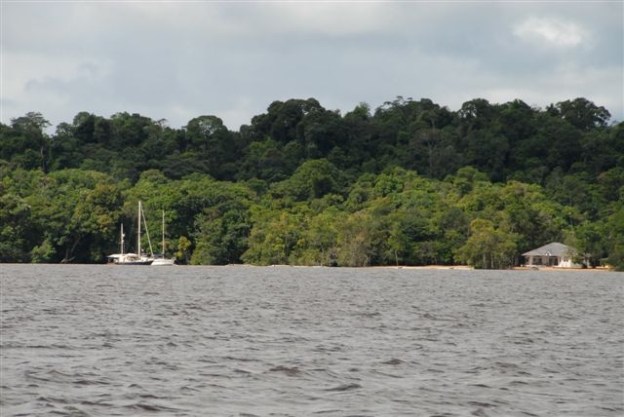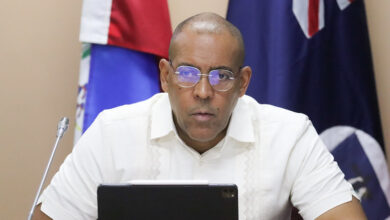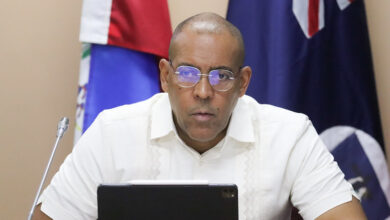The Caribbean Community (CARICOM) Secretariat has opened the draft CARICOM Environment and Natural Resources Policy, as well as the Action Plan for national, sub-regional and regional discussions beginning early August.
The consultations have been planned for Barbados, Guyana, Jamaica, the OECS Sub-region and Trinidad and Tobago involving wide-ranging stakeholders drawn from the public and private sectors, civil society, CARICOM Institutions, and academia. Discussions are scheduled for August 3-4 in Barbados, 7-8 in Guyana; 14-15, Jamaica; 17-18, Saint Lucia, and 21-22 in Trinidad and Tobago.
Under review are the Draft Caribbean Community Environment and Natural Resources Policy Framework; and First Environmental and Natural Resources Action Plan of the Caribbean Community Environment and Natural Resources Policy Framework (July 2017-June 2022). The Policy Framework articulates a regional approach to the sustainable management of the environmental and natural resources of the Community and its Member States.
The CARICOM Environment and Natural Resources Policy Framework has its genesis in a 2008 decision of Ministers of Environment at the Twenty-Fifth Meeting of the Council for Trade and Economic Development (COTED) – Environment. The CARICOM Secretariat was mandated to mobilise resources to proceed with the development of the Policy Framework. In pursuit of that mandate, the CARICOM Secretariat conducted assessments of the environmental governance structure of Member States. It also examined the environmental dimensions of the Revised Treaty of Chaguaramas. A number of regional consultations followed. The outcomes served as the foundation for the design of the Draft CARICOM Environmental and Natural Resource Policy Framework, and First Action Programme (2017-2022) which will be reviewed in August.
This round of discussion is important in advancing the process towards presenting the Policy Framework to the CARICOM Ministers of Environment. Further, successful implementation will be predicated on regional ownership of the CARICOM Environment Policy. A collective regional response will also be required to promote the prudent, rational management and conservation of the Region’s environmental, and natural resources, the Policy envisions.
The CARICOM Environment Policy has been formulated with the awareness that unsustainable use of resources could undermine regional sustainable development options within the context of the CARICOM Single Market and Economy (CSME), and the 2030 Sustainable Development Goals. It therefore proposes a structure for environmental and natural resources management in CARICOM, balancing the need to exploit the land, air, water and oceans for economic development while maintaining healthy environments in the Community.
The CARICOM Environment Policy Action Plan is viewed as the first step in making the policy actionable. It provides a basis for a collective regional response to the environmental and sustainable development revolution, which is underscored by the adoption of the international community sustainable development agenda.






